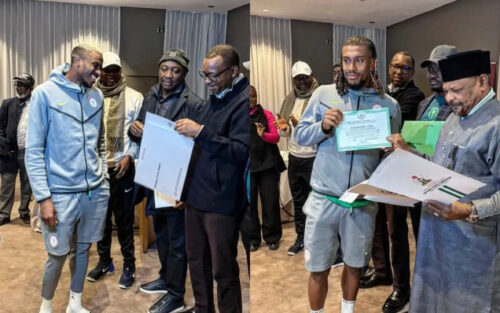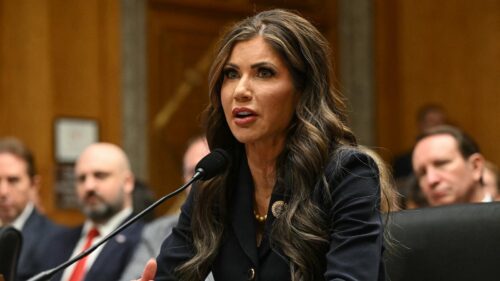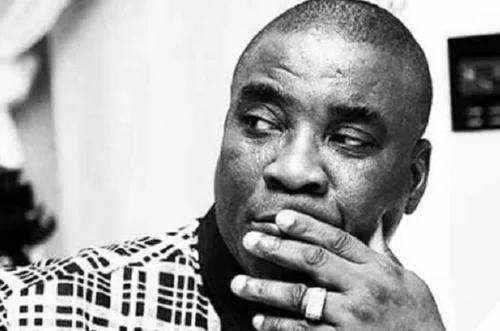BIG STORY
Inside Lagos: Motorists Lament Widespread Extortion By LASTMA, Police Officers
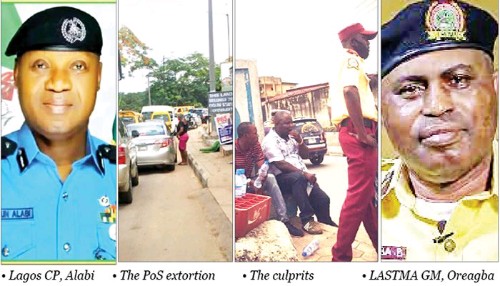
- /home/porsch10/public_html/wp-content/plugins/mvp-social-buttons/mvp-social-buttons.php on line 27
https://porscheclassy.com/wp-content/uploads/2022/07/resize1657096894579.jpg&description=Inside Lagos: Motorists Lament Widespread Extortion By LASTMA, Police Officers', 'pinterestShare', 'width=750,height=350'); return false;" title="Pin This Post">
- Share
- Tweet /home/porsch10/public_html/wp-content/plugins/mvp-social-buttons/mvp-social-buttons.php on line 69
https://porscheclassy.com/wp-content/uploads/2022/07/resize1657096894579.jpg&description=Inside Lagos: Motorists Lament Widespread Extortion By LASTMA, Police Officers', 'pinterestShare', 'width=750,height=350'); return false;" title="Pin This Post">
-
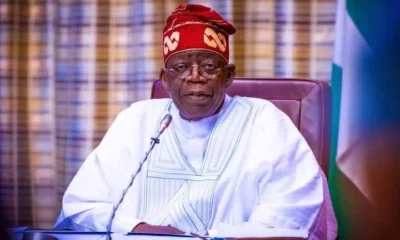
 BIG STORY5 days ago
BIG STORY5 days agoTinubu To Govs: Obey Verdict On Local Government Autonomy, Brace Up For The Implementation Of State Police
-

 BIG STORY3 days ago
BIG STORY3 days agoPolice Arrest 26-Year-Old Housewife For Faking Own Kidnap, Collects N2.5m Ransom From Husband In Lagos
-
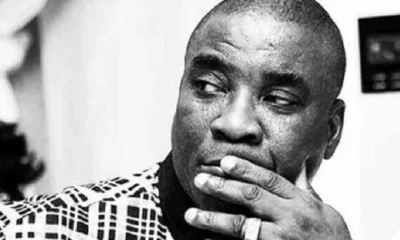
 BIG STORY18 hours ago
BIG STORY18 hours agoKWAM1 Loses Bid To Block Awujale Selection Process
-

 BIG STORY5 days ago
BIG STORY5 days agoCourt Okays Ex-AGF Abubakar Malami’s Further Detention By EFCC
-
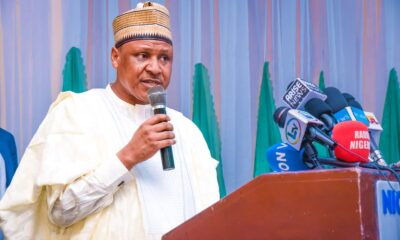
 BIG STORY1 day ago
BIG STORY1 day agoFG Officially Declares Kidnappers, Bandits As Terrorists
-
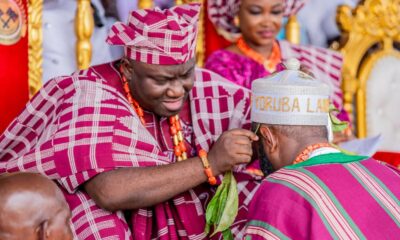
 BIG STORY1 day ago
BIG STORY1 day agoOnly Oyo Throne Can Confer Yorubaland Titles —– Alaafin
-

 NEWS1 day ago
NEWS1 day agoNigerians Are Not Having It: PayPal’s Quiet Comeback Bid Meets Fierce Resistance
-

 BIG STORY18 hours ago
BIG STORY18 hours agoVisas Issued Before January 1, 2026, Remain Valid… US Assures Nigerians After Travel Restrictions

















